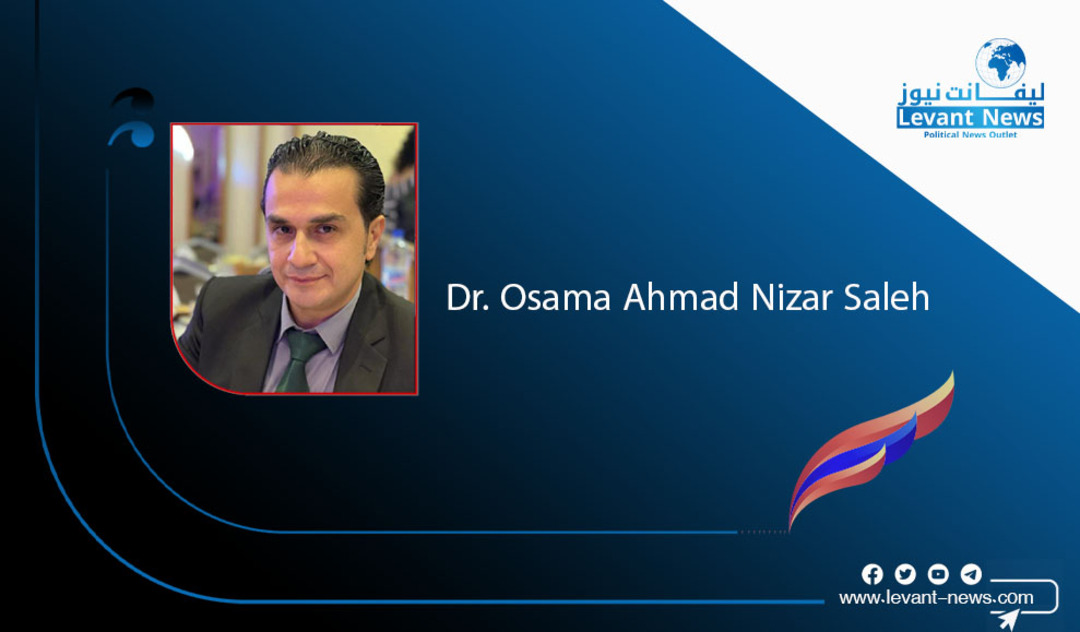-
On Shiite Terrorism

Go and uproot the oppression from its roots” — this was the fatwa of Sayyid Jamal al-Din al-Afghani to his student Mirza Reza Karami, who approached the procession of Nasir al-Din Shah, the king of Iran from the Qajar dynasty, under the pretext of presenting a petition and shot him with his pistol. This was the first terrorist act of political Islam on May 1, 1896, sanctioned by a Shiite cleric.
The first generation of Sunni political Islamists can be described as a generation of thinkers and reformers that emerged after the waves of Western colonization over Islamic lands. This generation, largely composed of Ottoman youth around Sultan Abdul Hamid II, introduced a new concept of jihad—that of the jihad of the mind, linking the obligation of jihad with enlightenment, combating poverty and ignorance, and coexisting with adherents of other sects and religions. They distanced themselves from meanings associated with violence, killing, and even invasion in an attempt to develop Islamic societies and modernize the Ottoman caliphate so that it would emulate Western countries while maintaining the Islamic character of the state and the religious and worldly authority of the caliph. However, this generation faltered with the deposition of Sultan Abdul Hamid II in 1909 and failed to revive the Islamic caliphate in the face of the expansion and rise of nationalist movements.
Undoubtedly, Jamal al-Din al-Afghani (a Shiite) is the true inspirational figure for jihadist Islamic groups, for whom the damning charge after the events of September 11 and the subsequent attacks in London and Madrid became that of terrorism, particularly "Sunni terrorism."
Even though what was termed "Sunni terrorism," the second generation of political Islam lacked unified leadership, with most of its groups consisting of individuals or cells, or even groups endorsing extremist propositions and adopting jihad by combat as a means of change. Their actions resemble those of lone wolves with no reference or state backing them, yet their danger, strength, and size have been disproportionately exaggerated, especially by the United States, which suffered attacks in its home territory after an unannounced alliance with them during the Soviet invasion of Afghanistan.
In contrast, Shiite terrorism did not receive any significant condemnation from the U.S. or international community, perhaps because it concealed itself under the guise of the jihad of a state (Iran) seeking legitimacy for its existence in the Sunni sphere through its "resistance" project, or because most of the victims of this terrorism were Arab Sunnis. Moreover, Shiite terrorism benefited from American and international indifference post-September 11, based on the premise of supporting anything that opposes Sunnis and the community. As a result, Iran’s arms grew and expanded in the Sunni milieu like a cancer (e.g., the Popular Mobilization Forces in Iraq, the Houthis in Yemen, and Hezbollah in Lebanon and Syria).
The massacres and terror acts carried out by Hezbollah in Syria against Arab Sunnis were not the only strikes of Shiite terrorism; this terrorism directly or through intermediaries targeted international interests in the region and beyond. Examples include the attack on U.S. Marines in Lebanon in 1982, the assassination of martyr Rafik Hariri in 2005, the attack in Bulgaria in 2012, and the threats posed by the Houthis to maritime navigation in the Red Sea, which forced 75% of American vessels to avoid the area.
There is no doubt that Shiite terrorism serves the fixed interests of the state that created it (namely, Iran) to impose its dominance on the Middle East. Certainly, during the Obama administration, Iran appeared closer to restoring its Shiite glory days (the period from 945 to 1055 AD when Shiite regimes like the Fatimids and Buyids controlled the central lands of the Islamic world).
The fall of the Assad regime in Syria is the starting point for eliminating Shiite terrorism in the region. The emergence of a new Syrian administration led by President Ahmad al-Shara may mark the beginning of a third generation of political Islam in Damascus with the support and cooperation of (President Erdogan, Emir Tamim, and Crown Prince Mohammed bin Salman). This generation believes in combining Islamic values with democratic principles and free-market economics to achieve economic growth and high growth rates. It also advocates for governance and open spaces for broad political and community representation, aiming to build connections with the Arab and Islamic world and resolve conflicts with neighboring countries, establishing Damascus as a geopolitical center with extended, multilateral diplomacy.
Undoubtedly, the task ahead for President al-Shara is difficult, but it is not impossible.
Dr. Osama Ahmad Nizar Saleh
You May Also Like
Popular Posts
Caricature
opinion
Report
ads
Newsletter
Subscribe to our mailing list to get the new updates!




















